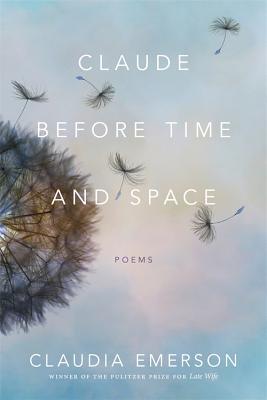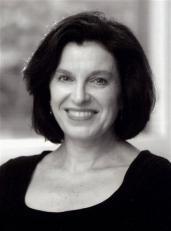
In Claude before Time and Space, her final collection, Pulitzer Prize–winning poet Claudia Emerson quietly but fiercely explores the themes of mortality and time. In the first section of this book, “The Wheel,” Emerson uses a rural southern setting in poems that reflect on memory, the self, and relationships. In section two, “Bird Ephemera, ” she explores historical figures―from an early naturalist and writer who raised her children in poverty to a small-town doctor. The collection concludes with a series of poems named after the poet’s father. This illuminating body of work displays a master poet at the height of her craft.
Author

Born and raised in Chatham, Virginia, Claudia Emerson studied writing at the University of North Carolina, Greensboro. Her poetry, steeped in the Southern Narrative tradition, bears the influences of Ellen Bryant Voigt, Betty Adcock, and William Faulkner. Of the collection Late Wife (2005), poet Deborah Pope observed, “Like the estranged lover in one of her poems who pitches horseshoes in the dark with preternatural precision, so Emerson sends her words into a different kind of darkness with steely exactness, their arc of perception over and over striking true.” Emerson’s volumes of poetry include Pharaoh, Pharaoh (1997); Pinion: An Elegy (2002); Late Wife (2005), which won the Pulitzer Prize; Figure Studies (2008); and Secure the Shadow (2012). Her honors include two additional Pulitzer Prize nominations as well as fellowships from the Library of Congress, the Virginia Commission for the Arts, and the National Endowment for the Arts. In 2008 she was appointed poet laureate of Virginia, a two-year role. Emerson was poetry editor for the Greensboro Review and a contributing editor for Shenandoah. She taught at Washington and Lee University, Randolph-Macon Women’s College, and the University of Mary Washington. She died in 2014. From The Poetry Foundation website. http://www.poetryfoundation.org/bio/c...